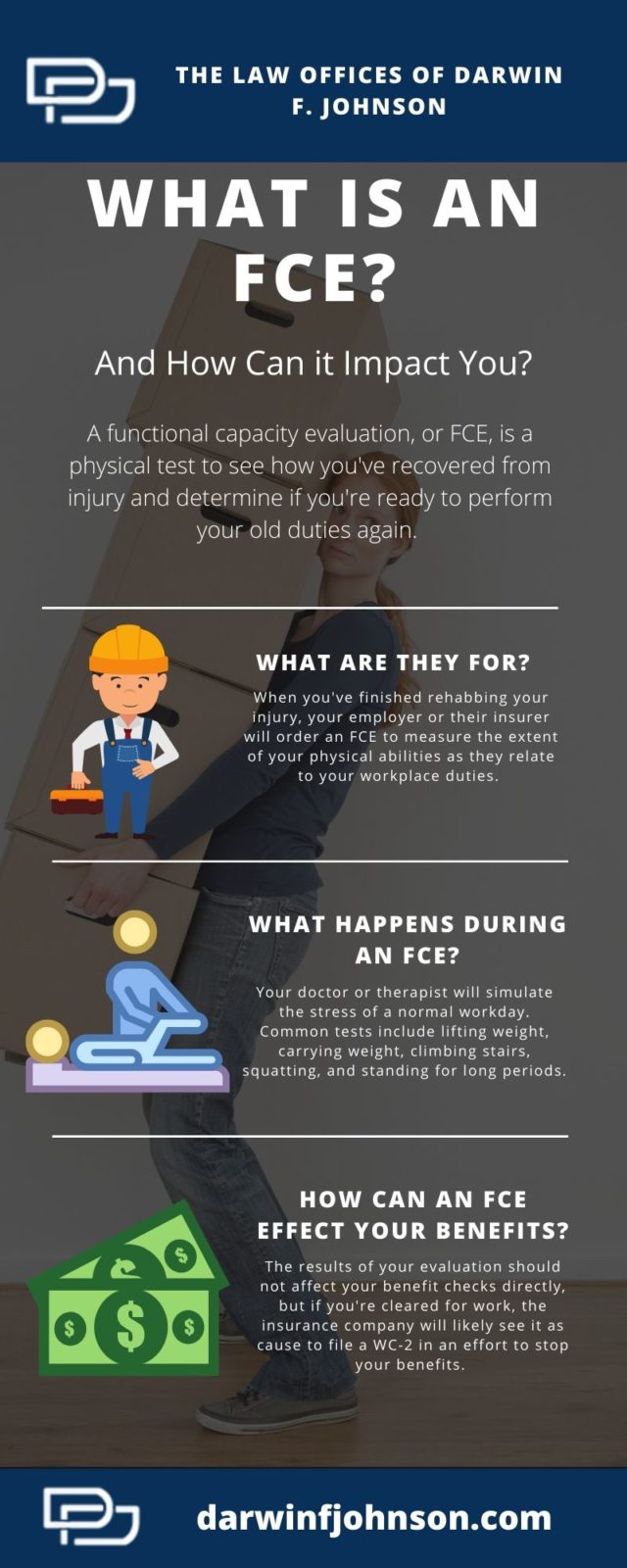By Darwin F. Johnson on June 24th, 2020 in Atlanta Workers Comp, Catastrophic Workplace Injury, Macon Workers Comp, Savannah Worker's Comp, Workers Compensation
When you’re injured on the job and left unable to work, the amount of benefits you receive is directly tied to the severity of your injury and the length of time that it will keep you from working. Unless you’ve suffered a catastrophic workplace injury and are permanently disabled, your benefits will likely be reduced when you’re partly recovered and stop entirely once you’re back to normal. If you are rehabbing from a workplace injury in Atlanta, you may understandably be wondering how employers and their insurers decide when you’ve fully recovered.
For the most part, employers and insurers defer to medical professionals for these types of decisions. Once your doctor or occupational therapist clears you for full or light duty, companies will generally file to have your benefits reduced or revoked. One of the primary tools that doctors and therapists in Georgia use to evaluate the status of your rehabilitation is the functional capacity evaluation or “FCE.” Knowing what an FCE is and how it can impact your case will help you handle the situation optimally and keep your benefits for as long as fairly possible.

What Is the Purpose of a Functional Capacity Evaluation?
Once the recovery stage of your workplace injury is just about complete, your doctor or your employer will notify you about a functional capacity evaluation. The goal of this evaluation is to determine the extent of your physical abilities after recovery as they relate to your job. There may be one or more of several different methods used to test how your body will respond to the various physical demands of your job. The goal of the test is to simulate your normal workplace activities and learn if you’re truly ready to return.
What Happens During a Functional Capacity Evaluation?
Whoever is performing your FCE likely wants to find out several things, such as how much weight you can lift, how long you can carry said weight, how long you can stand without resting, how well you can climb stairs or ladders, and what your range of motion is in the affected area. To properly do this, your doctor or therapist will have you perform a range of tasks such as lifting boxes, squatting, going up and down stairs, or carrying weights. The assessor is usually tasked with writing a post-evaluation report that communicates the results of the testing. This report will determine when or if you can assume your full duties again.
How can a Functional Capacity Evaluation Affect Your Benefits?
The results of your FCE can certainly have an impact on the amount of your benefits and the amount of time you can receive them, but it’s not a direct impact and it likely won’t affect you right away. In many cases, if you’re cleared for full duty work by your doctor, your employer’s insurance company will file a WC-2 to suspend your benefits. Refusing to participate in a functional capacity evaluation may also lead to the insurance company stopping your benefits even if you’re still injured. It is important to reach out to your Atlanta workplace injury lawyer immediately if you feel that your employer is wrongly trying to suspend your benefits.
Contact The Law Offices of Darwin F. Johnson today if you’re interested in learning more about FCEs and workplace injury law in Georgia.
